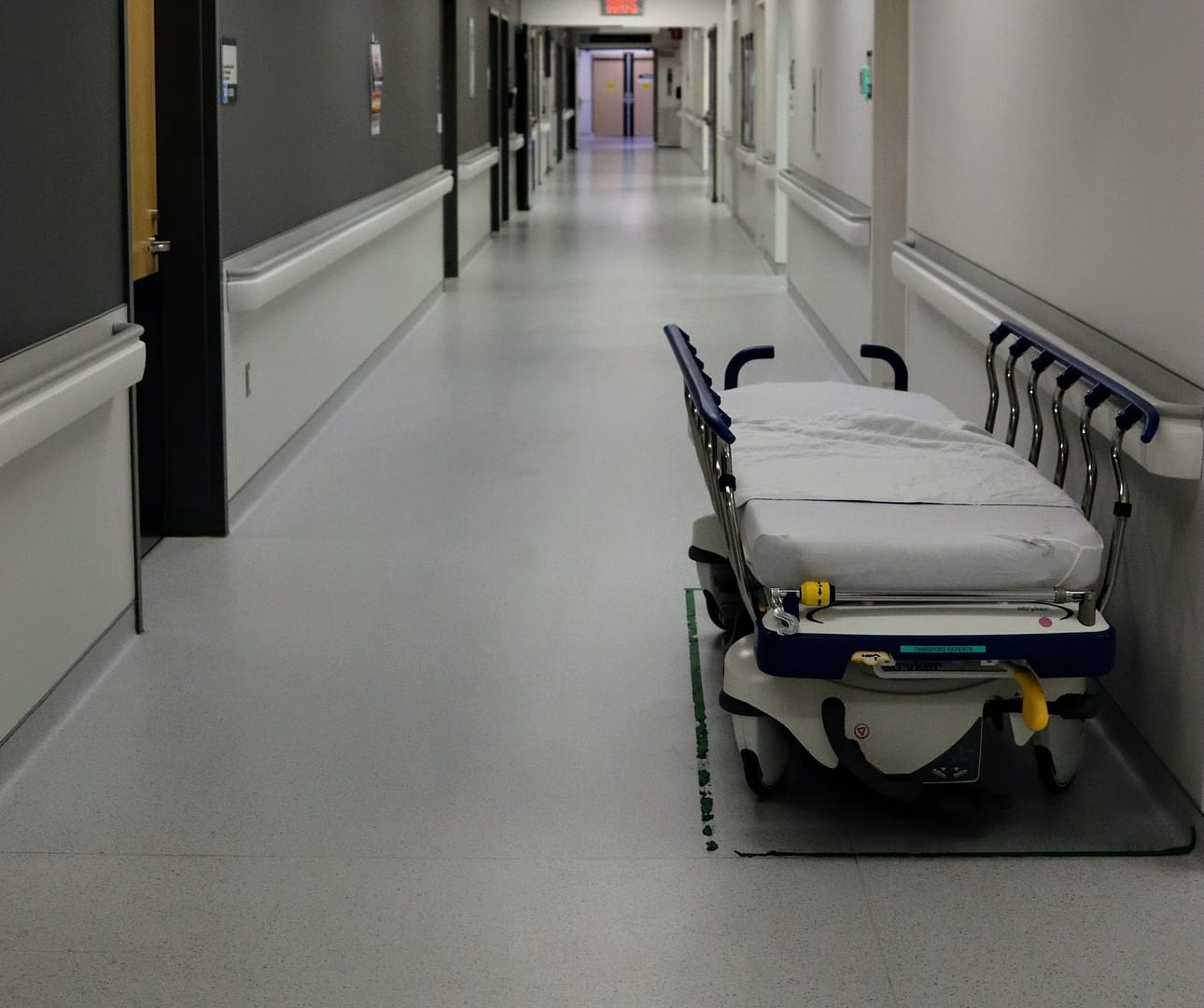Clinical negligence can have far-reaching consequences, both for patients and healthcare providers. This article explores the financial implications of clinical negligence, shedding light on possible legal consequences and the significant costs involved, particularly in the context of the UK’s National Health Service (NHS).
The Legal Ramifications
Claimants and Compensation
When clinical negligence occurs, the affected patient, or their family in the case of a fatality, may choose to pursue legal action against the healthcare provider or institution responsible. This legal process can result in substantial financial settlements, often paid out by medical malpractice insurance.
In the UK, clinical negligence claims are typically filed against the NHS, which is responsible for a significant portion of the country’s healthcare services. While the NHS strives to provide high-quality care, mistakes can happen, leading to costly legal proceedings.
Legal Fees and Expert Witnesses
Legal proceedings related to clinical negligence can be protracted and complex. Claimants usually engage solicitors to represent their interests. These legal experts handle the paperwork, gather evidence, and negotiate with the healthcare provider’s legal team. The cost of legal representation can be substantial and adds to the financial burden of clinical negligence cases.
Additionally, expert witnesses, such as medical professionals, are often called upon to provide testimony about the standard of care and whether it was breached in the specific case. Their fees can be significant, further escalating the overall expenses of clinical negligence litigation.
Settlements and Court Awards
If the claimant prevails in court or reaches a settlement with the healthcare provider, a financial award is typically granted. This award is meant to compensate the patient or their family for the harm and suffering endured due to clinical negligence.
These awards can vary greatly depending on the severity of the case. Some settlements may only cover medical expenses and lost income, while others include compensation for pain, suffering, and long-term care needs. In cases of catastrophic injuries or wrongful death, the financial implications can be staggering.
The NHS and Clinical Negligence Costs
The National Health Service (NHS) in the United Kingdom is one of the largest and busiest healthcare systems in the world. With millions of patient interactions daily, it’s not surprising that clinical negligence claims are a significant concern for the NHS.
The Rising Cost of Clinical Negligence Claims
In recent years, the cost of clinical negligence claims against the NHS has been steadily increasing. This financial burden can be attributed to several factors, including higher compensation awards, legal fees, and administrative expenses associated with processing claims.
One of the challenges facing the NHS is the need to set aside substantial reserves to cover potential future claims. This financial strategy is essential to ensure that the NHS can meet its obligations to compensate patients for clinical negligence, but it also ties up a significant portion of the healthcare budget.
The Impact on NHS Resources
The financial implications of clinical negligence claims extend beyond the monetary settlements. The NHS also expends considerable resources in defending these claims, diverting funds away from patient care and healthcare improvements.
Moreover, the stress and time required for healthcare professionals to participate in legal proceedings can affect their ability to deliver care effectively. This diversion of resources and expertise can have negative consequences for patient outcomes.
Preventative Measures and Risk Management
Recognizing the financial strain that clinical negligence claims can impose, healthcare providers, including the NHS, have taken steps to mitigate these risks and improve patient safety.
Training and Education
Investing in ongoing training and education for healthcare professionals is crucial to reducing the occurrence of clinical negligence. By enhancing their knowledge and skills, healthcare providers can minimize the risk of errors and improve patient care.
Robust Record-Keeping
Accurate and comprehensive record-keeping is essential in clinical negligence cases. Detailed medical records can serve as valuable evidence in legal proceedings, helping to establish the standard of care and whether it was met or breached.
Root Cause Analysis
When clinical negligence does occur, conducting thorough root cause analyses can identify systemic issues within healthcare institutions. Addressing these issues can prevent similar errors from happening in the future.
Making a Clinical Negligence Claim with National Claims
Expert Guidance and Support
At National Claims, we understand the complexities and challenges that individuals and families face when dealing with clinical negligence. We are here to provide expert guidance and support throughout the claims process.
Assessing Your Case
The first step in pursuing a clinical negligence claim is to assess the viability of your case. Our team of experienced claims specialists will carefully review the details of your situation to determine whether you have grounds for a claim. We will consider factors such as the standard of care provided, the extent of the harm suffered, and the available evidence.
Legal Representation
If your case meets the criteria for a clinical negligence claim, we will provide dedicated legal representation. Our claims specialists will work tirelessly to build a strong case on your behalf, gathering evidence, consulting with medical experts, and negotiating with the healthcare provider’s legal team.
Pursuing Compensation
Our primary goal is to secure fair compensation for you or your loved one’s pain, suffering, and financial losses resulting from clinical negligence. We will seek to cover medical expenses, lost income, ongoing care needs, and other relevant costs.
Contingency Fees
At National Claims, we understand that the financial implications of clinical negligence can be daunting. To alleviate some of the financial burden, we operate on a no-win, no-fee basis. This means that you only pay legal fees if we successfully secure compensation for your case.

Conclusion
In conclusion, the financial implications of clinical negligence are significant and can impact both patients and healthcare providers. Legal proceedings, compensation awards, and the rising costs associated with clinical negligence claims place a substantial burden on healthcare systems like the NHS in the UK.
While financial compensation is essential to address the harm caused by clinical negligence, it is equally important to focus on preventive measures and risk management strategies. By investing in training, improving record-keeping, and conducting root cause analyses, healthcare providers can reduce the occurrence of clinical negligence and its associated financial costs. Ultimately, the goal is to ensure that patients receive the highest standard of care and that healthcare systems can allocate resources effectively to meet their needs.
If you believe you or a loved one has been a victim of clinical negligence, National Claims is here to provide you with expert guidance and support in pursuing a claim. Our dedicated team of solicitors is committed to helping you seek the compensation you deserve while alleviating some of the financial burden through our no-win, no-fee arrangement. We are here to assist you every step of the way in your journey towards justice and compensation.
Contact us today to get started on your claim for your clinical negligence.
Click below to see why we are one of the most trusted claims management companies in the UK.

We’re proud of our excellent customer reviews
We thrive on delivering exceptional service and ensuring our clients’ satisfaction. Don’t just take our word for it. Check out some of our independent reviews to see what our clients have to say.
Excellent

This firm is excellent, they sorted out my car pay out and injury claim very fast, they always communicate with you all the time.

My accident case was dealt with confidence and with great result of the outcome, especially James kept me informed all the time.

I was very impressed at the way my inquiry was treated. I was listened to attentively and everything I needed to know was explained to me.






